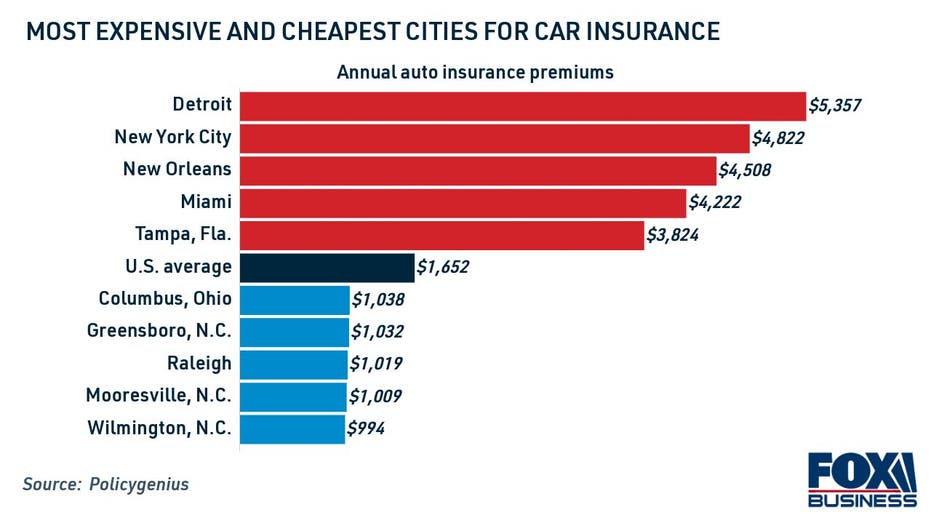
Getting the best home insurance in california depends on several factors, including where you live and your coverage needs. You'll need to learn about the different types of homeowners insurance and the companies that offer them so you can get the coverage you need.
The cheapest homeowner's insurance in California
To save money on premiums, it is important to shop around. You should be able find a policy to fit your budget as each insurer has different features and rates. Entering your ZIP in our insurance rate calculator will let you compare the costs for homeowners insurance policies in California.
California Automobile offers the cheapest homeowners insurance, charging $639 annually for coverage. This is about $392 less than what the average cost of homeowners insurance in California is.
The deductible you pay and the dwelling limit will determine how much home insurance costs. The amount of a deductible you will have to pay is what your insurer pays before they cover your claim. Your dwelling limit is your maximum coverage for your home.

You should also compare rates based on your credit score. Credit reports are used by home insurance providers to determine your level of risk, and therefore how much you will be charged.
A home's size is another factor that could affect the cost. Larger homes have higher risk profiles and will require more resources to fix or rebuild if they are damaged.
Your home's value, age and location are other factors that can impact your homeowners insurance cost. These are determined by the number and type of claims filed in your area.
The number of people who live in your house can also affect your insurance rate. You may be more at risk of a claim if you live in an area with a high population density.
The best home coverage in California will cover your home from natural disasters like fire and flooding. Some providers can even offer additional coverage options to help protect you against a specific threat.

California is prone to earthquakes and wildfires, which can severely damage your home. Fortunately, you can purchase additional earthquake coverage to help cover the cost of replacing your home after an earthquake.
You will also want to ensure that your policy covers items such as electronics, clothing and furniture. It will give you peace-of-mind in case they're stolen or damaged.
A reputable insurer should be in a position to give you the necessary information regarding your coverage options. The company should have a clearly defined process for filing and responding to claims. Customer service representatives can be contacted via phone or the internet, and automated responses can be sent when a customer submits a claim.